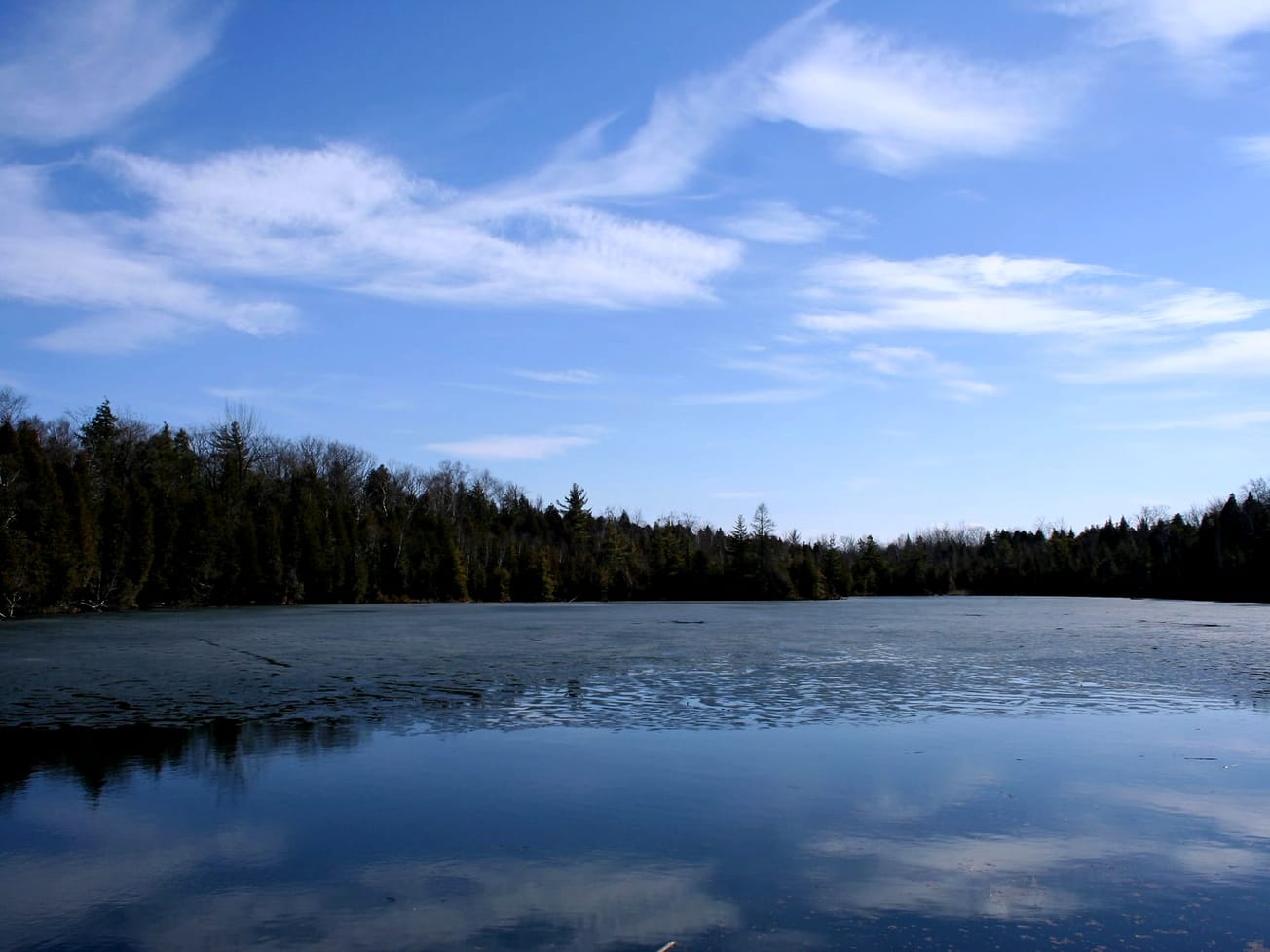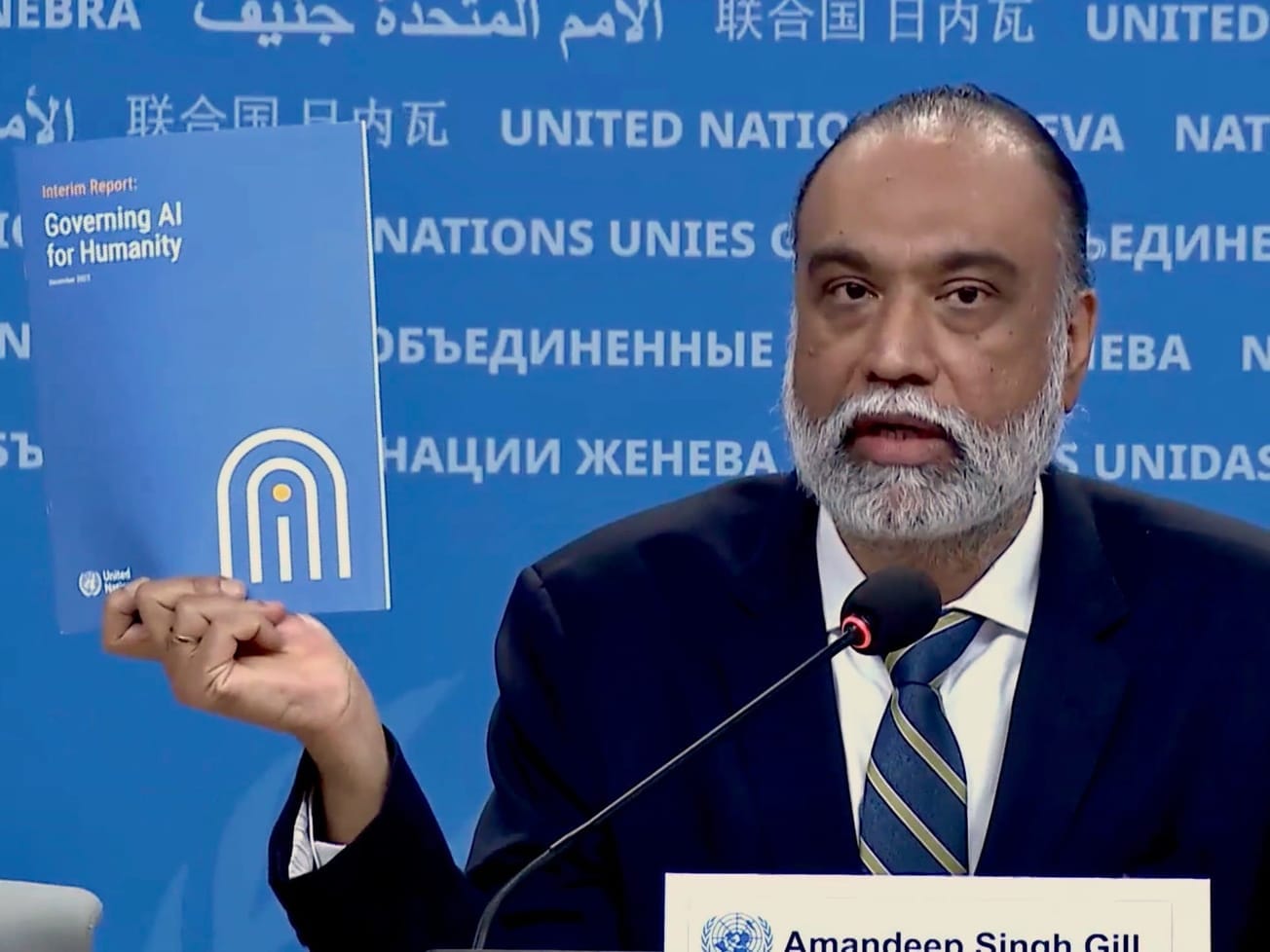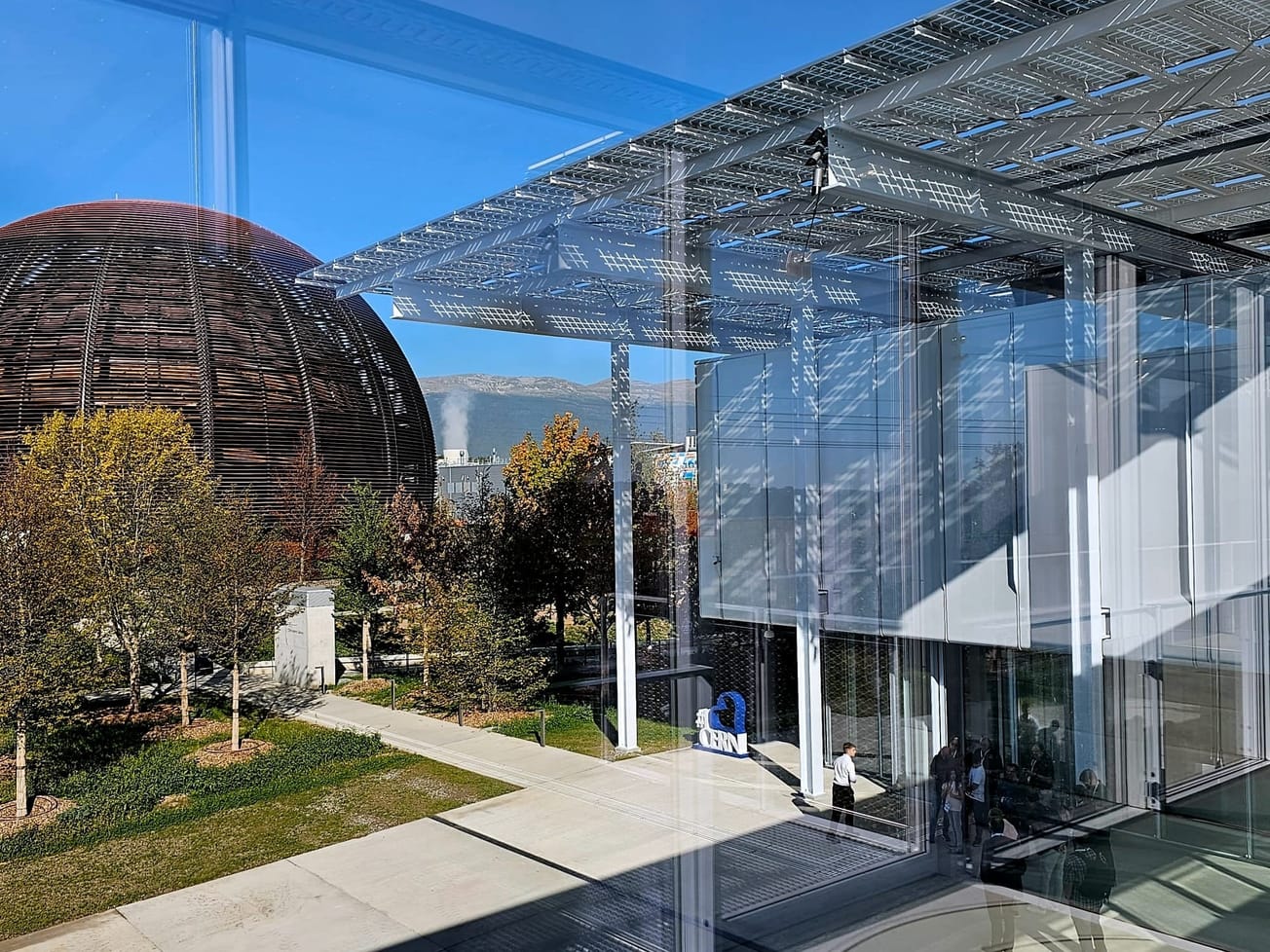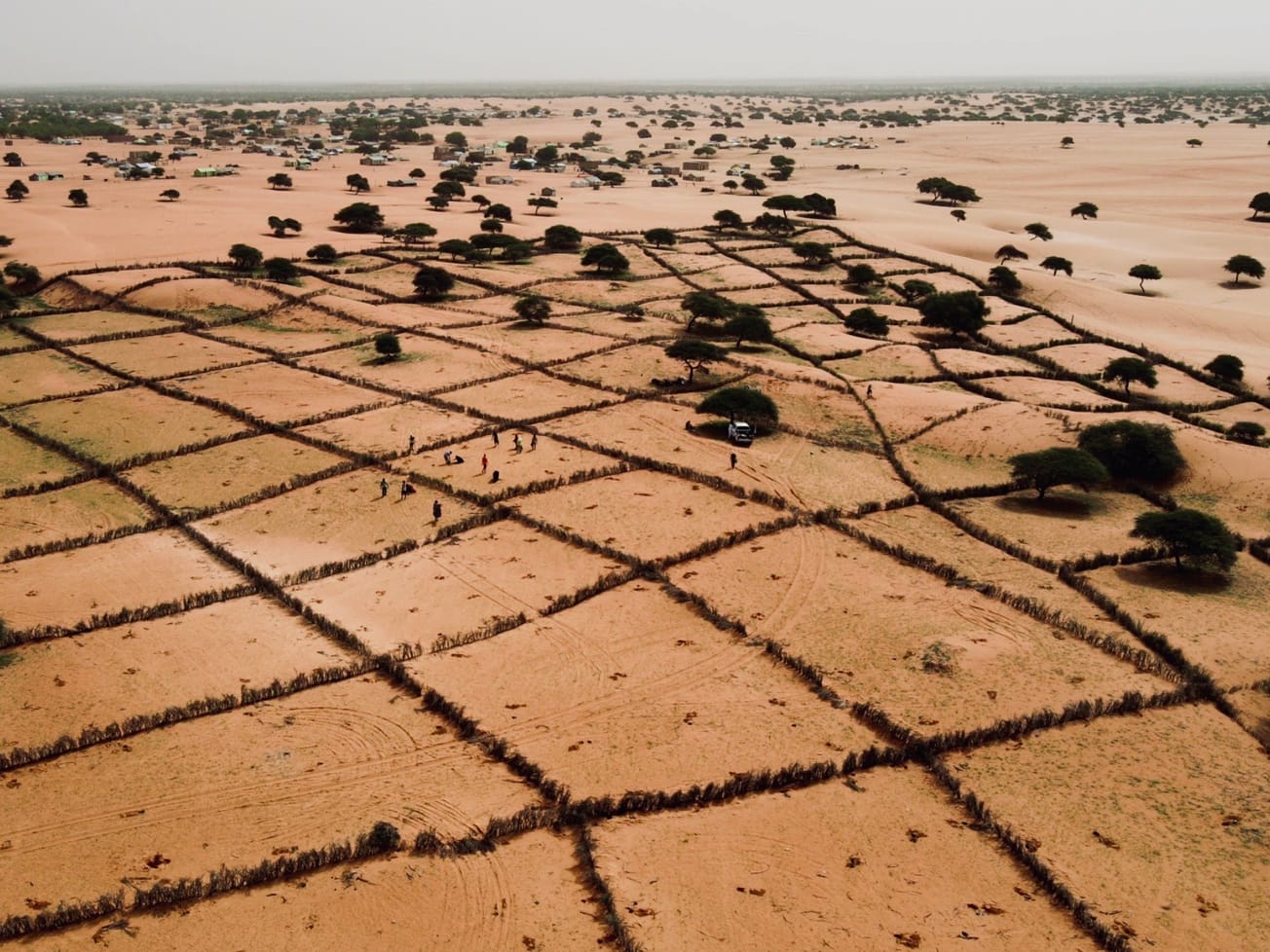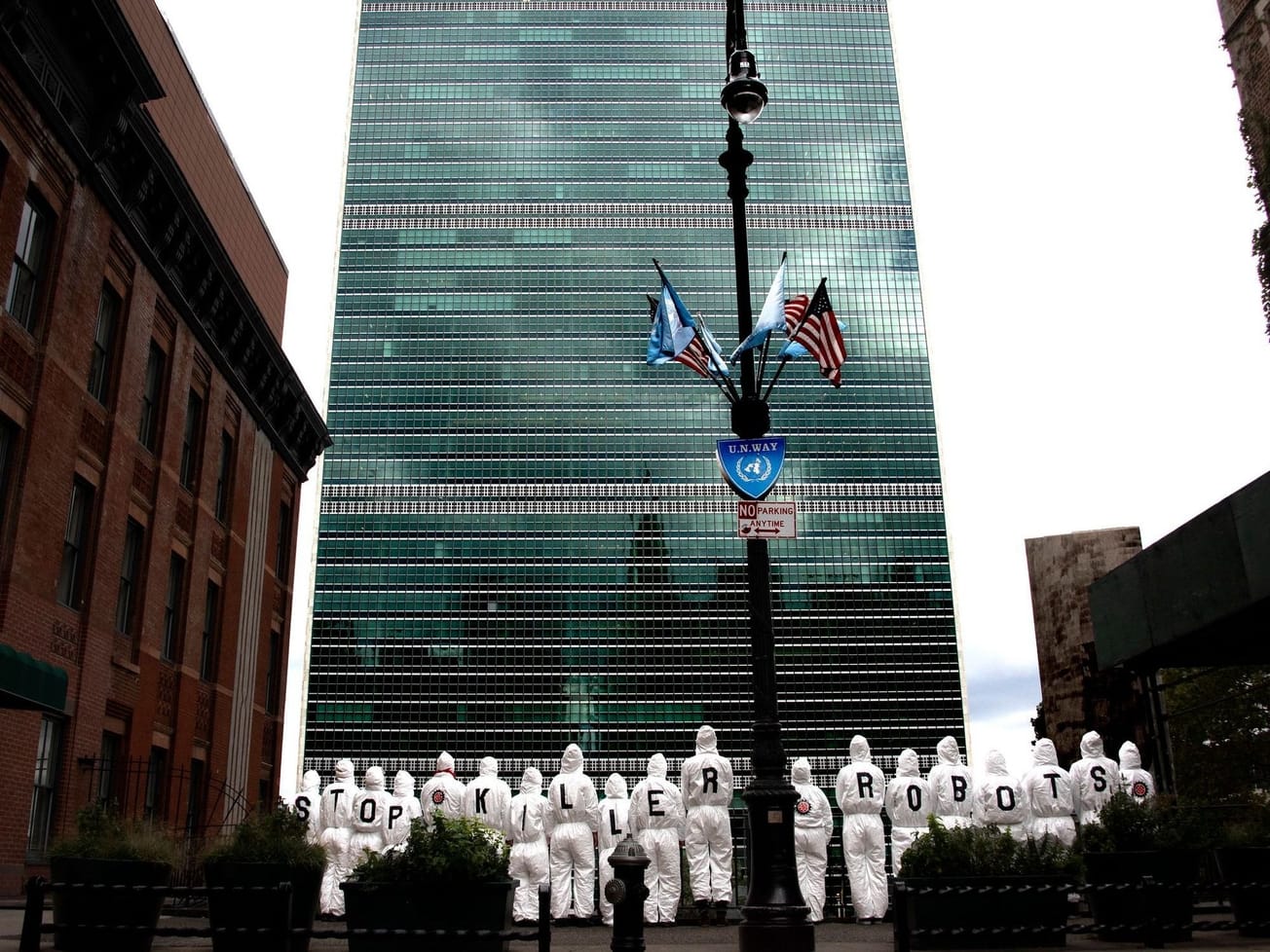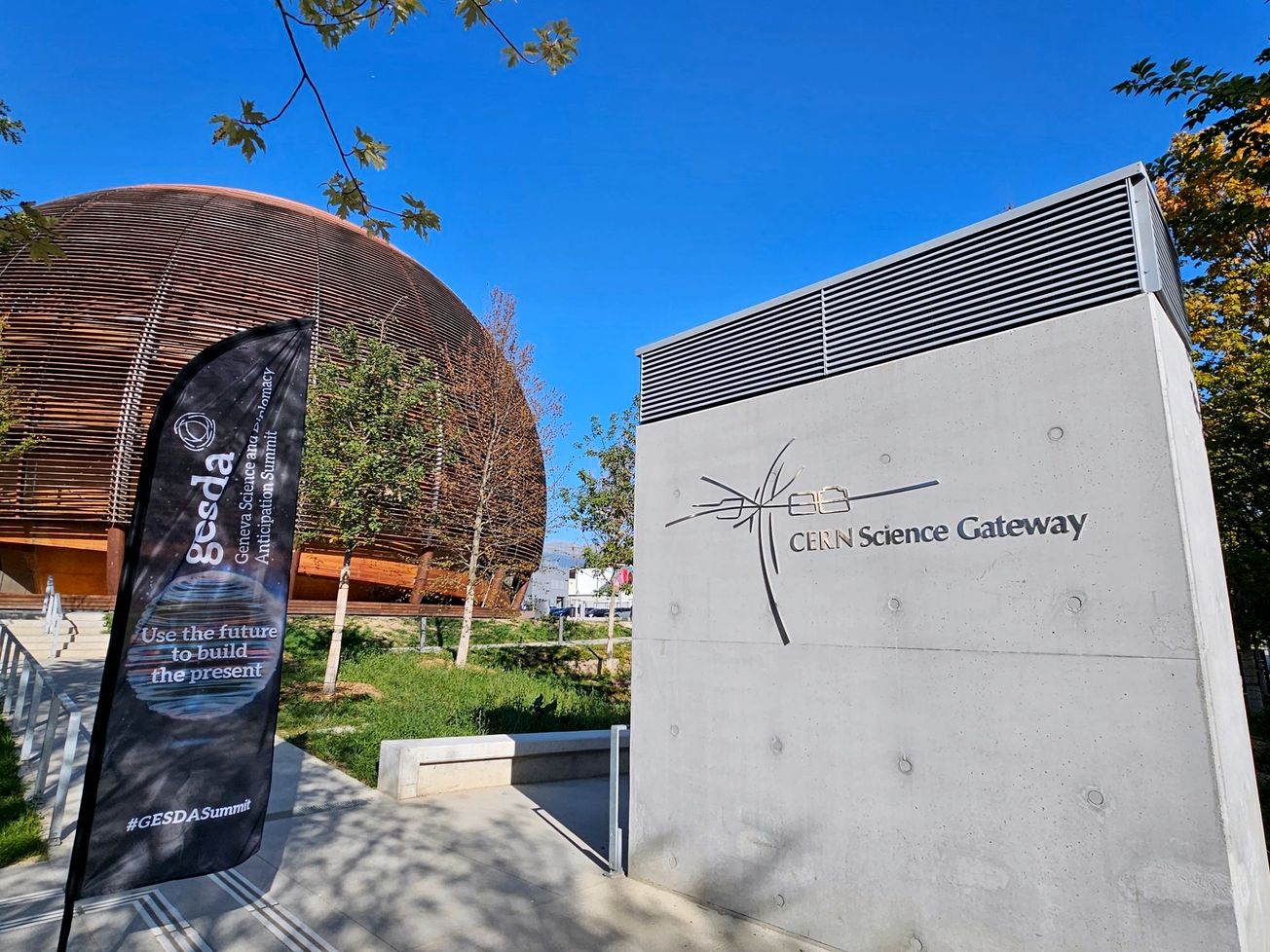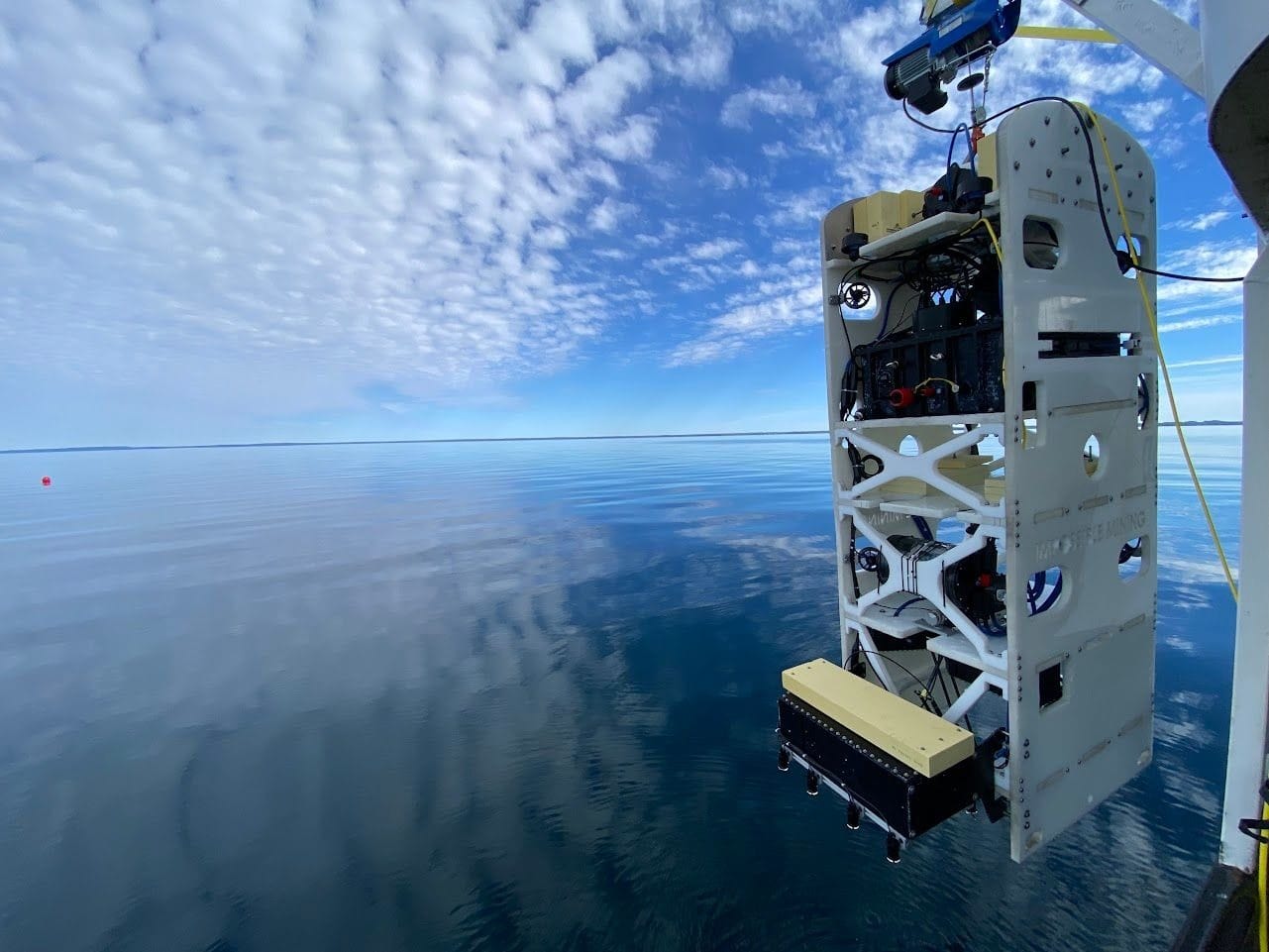
'Everything has changed' since last year's AI for Good Global Summit
Equitable models of AI governance rooted in comprehensive and inclusive approaches are needed more than ever.
Our coverage of how science, technology and diplomacy can navigate geopolitics in pursuit of opportunities. Follow our list @aretenews.bsky.social.

Already have an account? Log in
Equitable models of AI governance rooted in comprehensive and inclusive approaches are needed more than ever.
Equating the pursuit of 'good' with the U.N.'s 17 Sustainable Development Goals for 2030 isn't as simple as it may seem.
Both sides called the talks 'constructive' despite tensions and different approaches to calls for global AI governance.
IUGS rejected declaring that we live in a new epoch defined by far-reaching human impacts on the planet since the 1950s.
Proposed by the U.S. and co-sponsored by China and more than 120 other nations, its passage represented a moment of international cooperation through science diplomacy.
A top U.N. official cites strong concerns about mental privacy, which is 'a line that we should not cross at all' as AI develops.
The Open Quantum Institute began a three-year pilot phase hosted by the European Organization for Nuclear Research.
Almost a quarter of the world faces human-induced drought, and 85% of those live in low- or middle-income countries.
A first-of-its-kind provision cites an 'urgent need' for nations to address concerns about autonomous weapons systems.
Each of the Geneva-based global initiatives developed by the GESDA Foundation won pledges of millions of Swiss francs.
The talks centered on climate, financial services and more cooperation among governments and private partners.
But the world's five biggest science and technology clusters are now in East Asia; Japan's is the largest and China has the most.
The ship-to-ship transfer extracted as much of the 1.14 million barrels of oil as possible, leaving under 2% aboard.
Without U.N. intervention, the tanker could have released as much as four times the oil spilled by the Exxon Valdez in 1989.
Mining the deep seas: The best way forward to a green energy transition, or a looming environmental disaster?
British diplomats are leading a push at the U.N. that could be a starting point for a multilateral approach to regulating AI.


